Photographs: Reuters Puneet Wadhwa in New Delhi
The onus of framing and implementation of reform-oriented policies will be in the Finance Ministry.
Most opinion polls indicate a Narendra Modi-led National Democratic Alliance (NDA) government at the Centre.
As it is felt this will be a pro-reform government, many market participants and foreign institutional investors (FIIs) have parked billions of dollars in the country.
Assuming the mandate is in favour of the Bharatiya Janata Party (BJP)’s Narendra Modi, the onus of framing and implementing reform-oriented policies will, to a large extent, rest with the person who takes charge of the finance ministry.
The role assumes significance as this person will face a tough task of boosting economic growth and maintaining fiscal prudence with investor- and India Inc-friendly policies, amid sticky inflation and macroeconomic headwinds.
…
A tough job for India's next finance minister
Image: Gujarat Chief Minister Narendra ModiPhotographs: Reuters
All eyes will be on the proposals in the Union Budget, to be presented soon after a new government takes charge.
Manishi Raychaudhuri, Asia-Pacific strategist at BNP Paribas, says, “Based on our discussions with investors, the market believes the more seats the BJP gets, the more able it will be to implement politically-difficult reforms. We think the agenda for the next government should centre on kick-starting the investment cycle. In our view, most measures needed to boost investments are bureaucratic, not political; the number of seats won by the largest political party is less important, provided, of course, a threshold of 180 seats is crossed.”
“As such, we will particularly watch which individuals are appointed by the next government to head key ministries.”
…
A tough job for India's next finance minister
Image: Prime Minister Manmohan Singh.Photographs: Reuters
Market impact
The UPA (United Progressive Alliance) scores over the BJP-led NDA, in terms of the market giving a thumbs-up to its Budgets proposals.
When then finance minister Manmohan Singh presented the Union Budget in 1992, it paved the way for a liberalised economy. The benchmark BSE Sensex rallied a massive 9.3 per sent on the day that Budget was announced.
Significant gains were also seen when the BJP’s Yashwant Sinha announced the Union Budgets in 1999 and 2001, when the Sensex gained 5.1 per cent and 4.4 per cent, respectively, data show.
…
A tough job for India's next finance minister
Photographs: Reuters
“The markets rallied the most under their leadership because of expectations of structural reforms in the Indian economy, which would help in increasing foreign investor participation, both through FDI (foreign direct investment) and FII investments. Policy reforms would open up the economy and increase business confidence and investments in India, leading to capital formation and economic growth,” said Sandeep Nayak, executive director and chief executive officer, Centrum Broking.
If the measures announced didn’t meet their expectations, the markets reacted negatively. They tanked 5.1 per cent when Yashwant Sinha presented the Union Budget in 2000 and six per cent on the day then finance minister Pranab Mukherjee presented Union Budget in 2009.
…
A tough job for India's next finance minister
Photographs: V3mpyrik/WikimediaCommons
Tasks at hand
“Improving business confidence and getting India Inc to increase capital expenditure and investments for new projects; containing the fiscal deficit within 4.5 per cent of gross domestic product and demonstrating fiscal prudence and responsibility; addressing issues plaguing the infrastructure sector; ensuring energy, power, road and mining sectors get into a growth mode and resolving the bottlenecks in these sectors are some of the key things the markets expect the new finance minister to address,” says Nayak of Centrum Broking.
Tai Hui, managing director and chief market strategist (Asia), JPMorgan Funds, says, “Narendra Modi has run a pro-economic reform campaign with a track record of relative economic success for his region (Gujarat). Therefore, a change of guard and a reduction in the Congress’s dominance of Indian politics have been viewed as catalysts to end India’s economic lull.”
…
A tough job for India's next finance minister
Photographs: Reuters
“A more proactive reform theme might resonate with investors in the short term. This is particularly relevant for domestic investors, since these have shunned equities in recent years... However, new economic reforms are likely to be a multi-year programme, and we argue an economic growth momentum will take over as the driving force of the stock market once the post-election excitement subsides,” he adds.

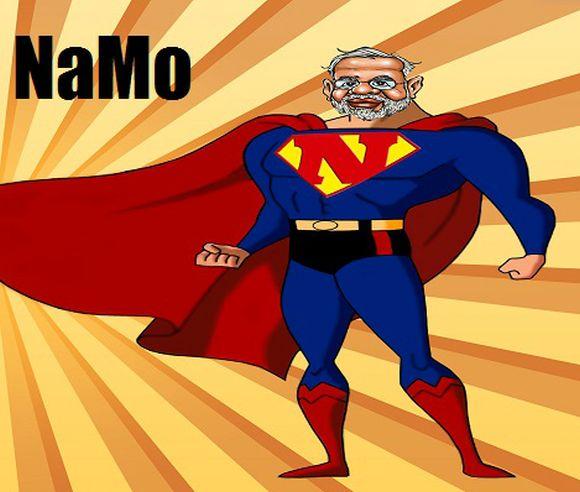
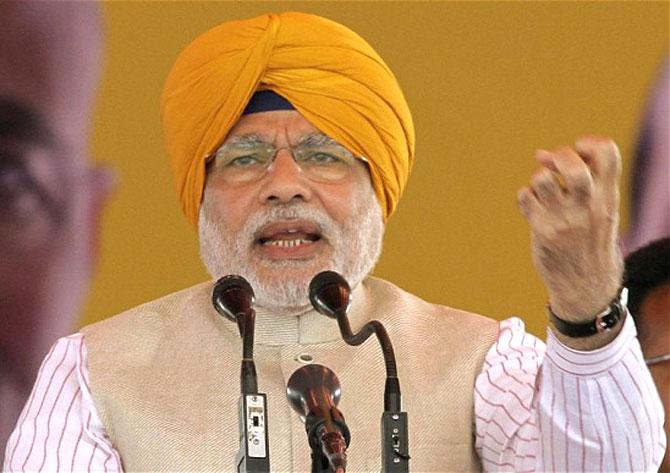
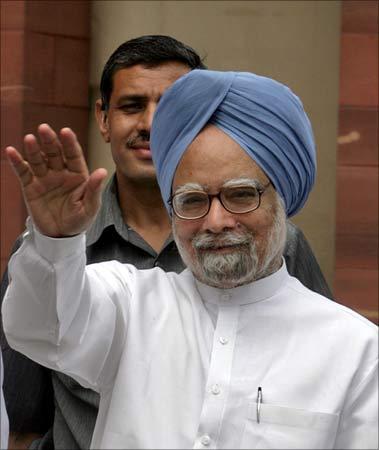
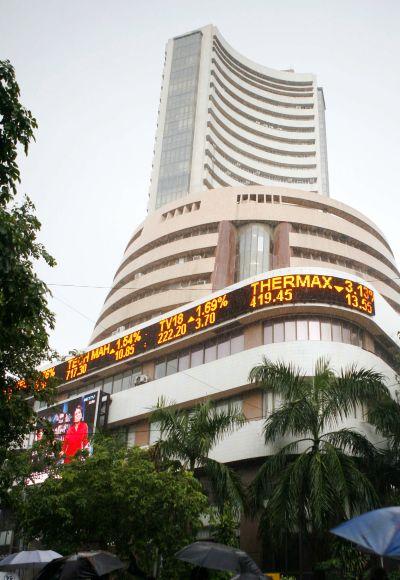

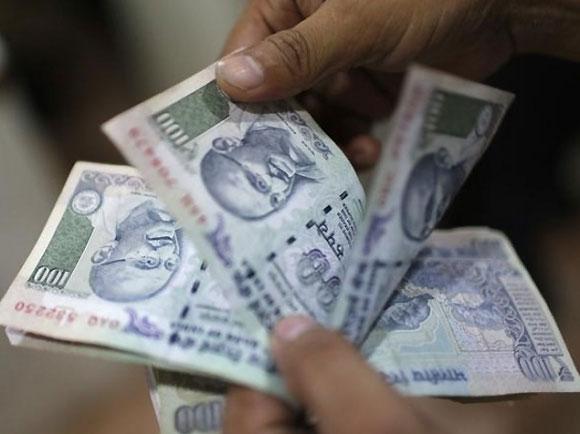

article